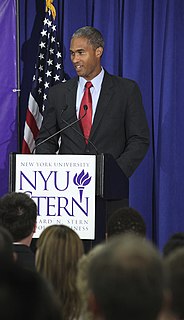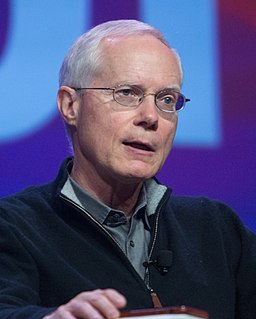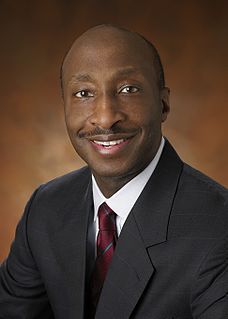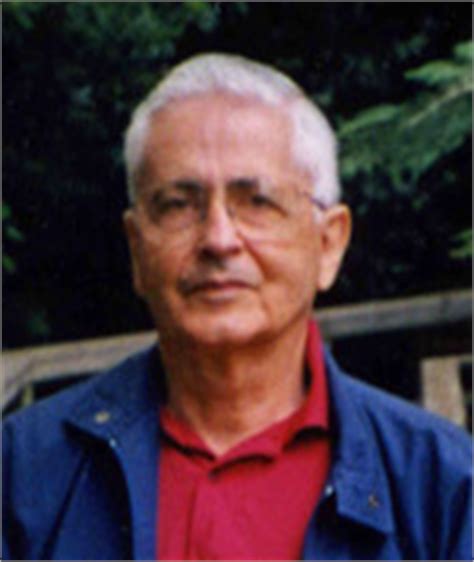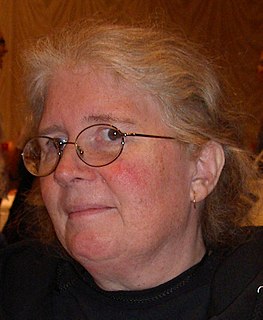A Quote by Peter Blair Henry
I'm generally slow to anger, quick to forgive, and I take in information before making decisions. So no matter how controversial the decision, my general demeanour is to put on white lab coat and gloves and look at the evidence, weigh the arguments and see what makes sense.
Related Quotes
If you watch a movie from between the end of the Second World War and the mid-1970s, whenever anyone steps out in a white lab coat, they're there to offer a solution. They're there to tell you how the laser's going to save the day. They're going to give you James Bond's array of tools. After about 1975, whenever the man in the white lab coat steps out, it's to come up with some crazy idea that's going to bring ruin on everybody. "Let's clone dinosaurs!" And the last we see of him is disappearing down the gullet of the Tyrannosaurus rex.
What I learned from my work as a physician is that even with the most complicated patients, the most complicated problems, you've got to look hard to find every piece of data and evidence that you can to improve your decision-making. Medicine has taught me to be very much evidence-based and data-driven in making decisions.
If you're making a bunch of little decisions - like, do I read this email now or later? Do I file it? Do I forward it? Do I have to get more information? Do I put it in the spam folder? - that's a handful of decisions right there, and you haven't done anything meaningful. It puts us into a brain state of decision fatigue.
Studies of decision-making in the monkey, where activity of single neurons in parietal cortex is recorded, you can see a lot about the time-accuracy trade-off in the monkey's decision, and you can see from the neuron's activity at what point in his accumulation of evidence he makes his decision to make a particular movement.
Prosecutors necessarily weigh a number of factors before bringing charges. There are obvious considerations, like the strength of the evidence, especially regarding intent. Responsible decisions also consider the context of a person's actions and how similar situations have been handled in the past.
Proverbs, and the wisdom literature in general, counter the idea that being spiritual means handing all decisions over to the leading of the Lord. The opposite is true. Proverbs reveals that God does not make all people’s decisions for them, but rather expects them to use his gift of reason to interpret the circumstances and events of life within the framework of revelation that he has given. Yet when they have exercised their responsibility in decision-making, they can look back and see that the sovereign God has guided.
You know in politics you are dealing in the realm of choices. You don't always have clear-cut decision between a thoroughly principled position and a thoroughly unprincipled one. You're making snap decisions with paucity of information, generally trying to do the best that you can, but you will make errors, and sometimes it's a decision between a bad and a worse alternative. It has to be done, because we need to order our society, and of politics it can literally be said: Bad job, but someone's got to do it.
